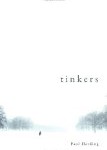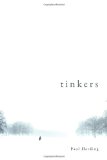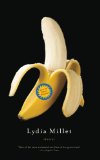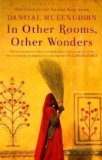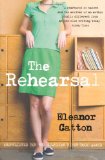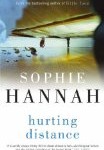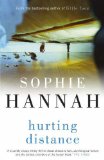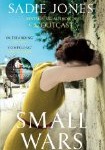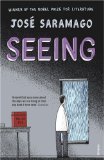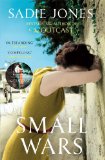
 Long listed for the Orange Prize 2010
Long listed for the Orange Prize 2010
I enjoyed Sadie Jones’ last novel, The Outcast , to some extent, but found the ending to be a bit of an anti-climax. When I saw her latest book had made the Orange long list I decided to give her another try.
, to some extent, but found the ending to be a bit of an anti-climax. When I saw her latest book had made the Orange long list I decided to give her another try.
Small Wars is set on Cyprus during the 1950s Emergency, a time when the British defended Cyprus against a colony of Cypriots determined to form a union with Greece. The book follows Hal, a young British soldier who is posted to Cyprus. He brings his wife and daughters with him, but their relationship is put under pressure by the fear of violence.
I’m afraid I wasn’t a big fan of Small Wars. The pace of the book was quite slow and there were several long, meandering sections where I began to lose interest. The writing was simple and easy to read, but this simplicity meant that the real horror of some situations wasn’t adequately described:
The people were made to lie down on the floor of the trucks, because there were so many of them, and if the soldiers made them lie down, they could be layered to make room. There were reports of suffocation from this stacking of live bodies, but later, the British, investigating, found no bodies.
In the hands of a different author that same scene could have been very hard to read. I can imagine the fear of those poor people, but reading the above passage provoked no emotion in me. The same is true for much of the book – there were some terrible events, but they were rushed over and so the horror could be largely ignored.
The main theme of Small Wars was the way war can affect relationships. The book concentrated on characterisation rather than plot; this gentle observation of the feelings will be of interest to some, but I’m afraid it was all too quiet for me.
Recommended to those who want to read about war in a quiet, gentle way.

What others had to say:
It’s a complex study, yet it’s easy to read and progresses very quickly! S Krishna’s Books
….notable for its psychological depth and characterizations. California Literary Review
….this follow-up shows that she is no one-hit wonder. Times Online
Have you read The Outcast or Small Wars?
Do you think this book has a chance at making the Orange short list?
and In Other Rooms, Other Wonders by Daniyal Mueenuddin
